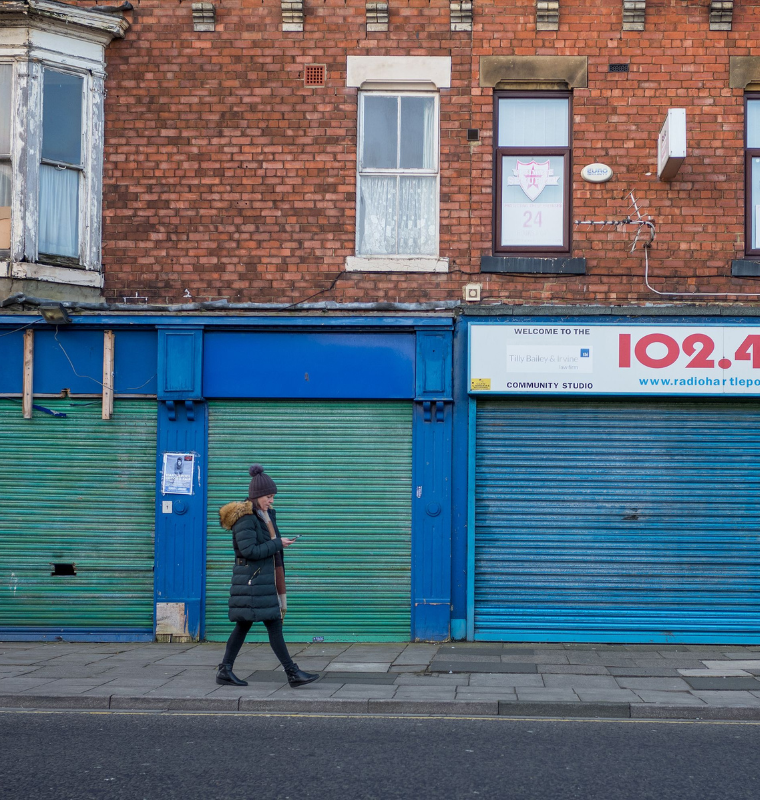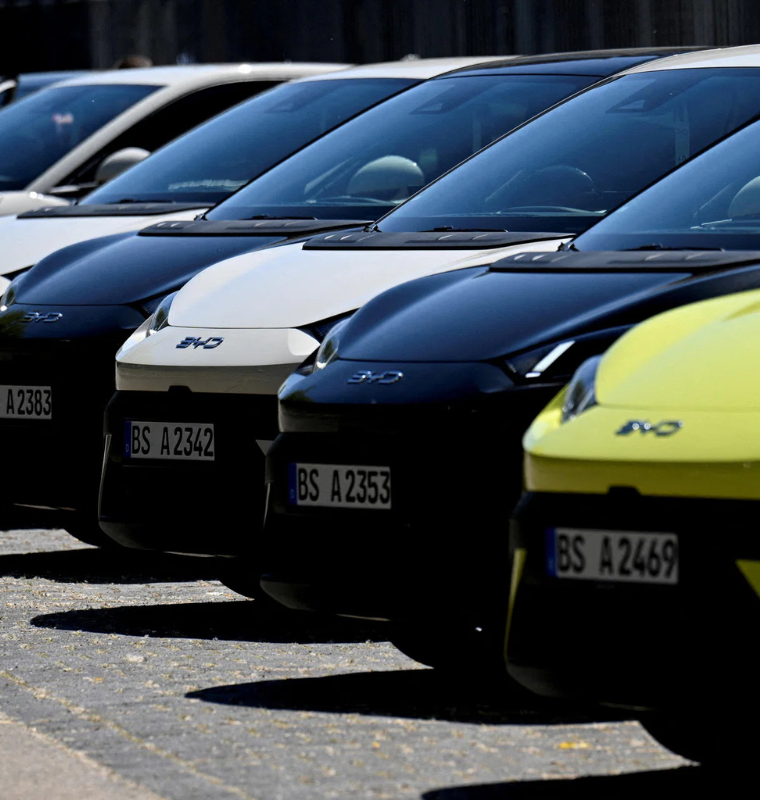Seven & i Shares Sink Over 7% After Couche-Tard Abandons $47 Billion Takeover Plan
Seven & i Shares Sink Over 7% After Couche-Tard Abandons $47 Billion Takeover Plan
By
Junia Wells
Last updated:
July 17, 2025
First Published:
July 17, 2025
.webp)
Photo: Bloomberg
Shares of Seven & i Slide Sharply After Couche-Tard Withdraws Acquisition Bid
Shares of Seven & i Holdings, the Japanese retail giant behind 7-Eleven, tumbled more than 7% on Thursday, following Canada’s Alimentation Couche-Tard’s decision to withdraw its $47 billion acquisition offer.
Trading of Seven & i shares was temporarily halted but resumed at 10:16 a.m. JST. Upon reopening, the stock dropped as much as 9% before stabilizing to close 7.38% lower, according to data from LSEG.
This steep selloff followed Couche-Tard’s unexpected move to pull back from months of pursuit, a move that surprised some analysts and shook investor confidence in Seven & i’s strategic direction.
What Led to the Collapse of the $47 Billion Deal?
On Wednesday, Couche-Tard released a public statement announcing its formal withdrawal from the proposed acquisition. The company cited a “persistent lack of good faith engagement” from Seven & i leadership, accusing the Japanese firm of failing to constructively move the talks forward.
“There has been no sincere or constructive engagement from 7&i that would facilitate the advancement of any proposal,” Couche-Tard said. “We cannot effectively pursue this combination without deeper and genuine further engagement from 7&i leadership.”
This is not the first time Couche-Tard made an offer. In August 2023, it proposed a $14.86 per share deal, which was rejected by Seven & i as undervaluing the company. Couche-Tard returned in October, increasing its offer by over 22% to $18.19 per share, valuing Seven & i at approximately 7 trillion yen (about $47 billion).
Despite the improved offer, Seven & i remained noncommittal. In a translated statement issued Thursday, the company expressed disappointment over Couche-Tard’s “unilateral” decision to exit the talks and disputed the accuracy of many claims made by the Canadian retailer.
A Battle of Corporate Cultures and National Interest
According to market experts, the failed deal reflects more than just business differences. It underscores Japan’s broader skepticism toward foreign takeovers, especially of companies considered crucial to national identity or security.
“The moat of Japanese protectionism proved too much for Couche-Tard to cross,” noted Andrew Jackson, Head of Japanese Equity Strategy at Ortus Advisors.
“It was always highly unlikely the deal would pass, given Seven & i’s status as one of Japan’s most successful global companies — and its classification as ‘core’ to the national interest.”
Seven & i operates one of the world’s most expansive convenience store networks, with more than 80,000 outlets across 19 countries, and is viewed as a pillar of Japan’s modern retail industry.
Leadership Change Adds to Uncertainty
The corporate turbulence comes amid internal restructuring at Seven & i. In May 2024, the company replaced former CEO Ryuichi Isaka with Stephen Dacus, an outside director, in what some analysts saw as a move to bring in new leadership during a period of shareholder pressure and strategic ambiguity.
Despite the leadership change, critics argue that Seven & i has yet to present a clear vision for navigating both domestic competition and its global growth strategy — which had been a central part of Couche-Tard’s pitch.
Investor Sentiment and the Road Ahead
The market reaction to the collapse of the deal was swift and negative. The 7.38% drop in Seven & i shares erased billions in market value and revived concerns about how the company plans to deliver shareholder returns in the absence of a transformational merger.
Couche-Tard, for its part, will now turn its focus elsewhere. The Canadian retailer, which operates over 14,000 stores globally, has a track record of acquisitions, including Circle K, and is likely to continue pursuing global expansion through alternative targets.
As for Seven & i, the spotlight now shifts to its boardroom — and whether its leadership can restore investor confidence and articulate a compelling growth strategy independent of foreign capital.
Final Thoughts
The breakdown of the Couche-Tard and Seven & i deal serves as a case study in how corporate ambition, national interest, and shareholder pressure can collide in the global business arena. For Japan, it highlights ongoing friction between maintaining domestic control and embracing globalization.
Investors, meanwhile, are left watching closely to see if Seven & i will rebound with a fresh strategy — or face continued volatility amid strategic indecision.
Popular articles
Subscribe to unlock premium content
Kylie Jenner’s $420M Beauty Empire Unravels: Inside the Stunning Fall of a Social Media Mogul

Britain’s Economic Decline: From Global Powerhouse to Financial Strain

Trapped by Perfection: How AI Beauty Filters Are Rewiring Our Faces—and Our Minds

Kylie Jenner’s $420M Beauty Empire Unravels: Inside the Stunning Fall of a Social Media Mogul

Britain’s Economic Decline: From Global Powerhouse to Financial Strain

Kylie Jenner’s $420M Beauty Empire Unravels: Inside the Stunning Fall of a Social Media Mogul









